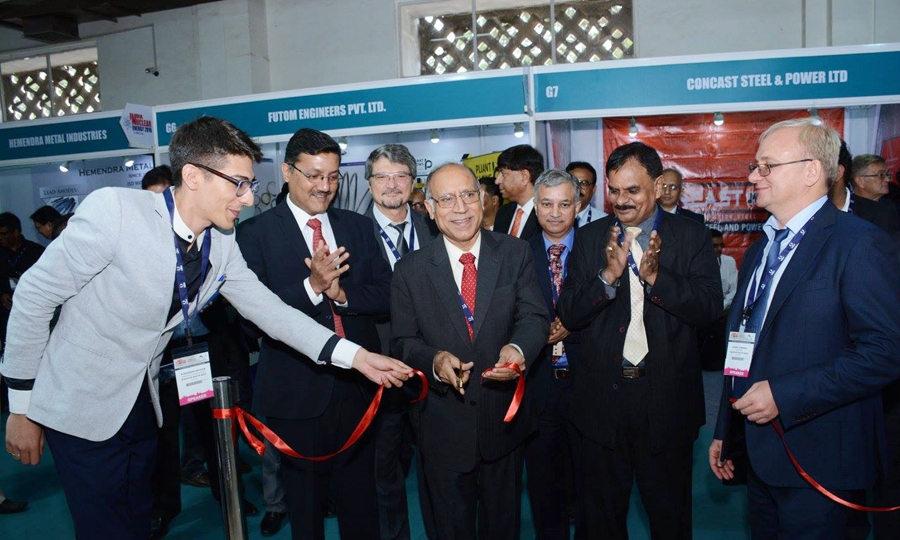
Public Acceptance is a Key Factor
back to contentsNo other issue is as important today as public acceptance of nuclear power. With competition from other energy sources and political pressure on the atomic industry growing, the nuclear community has to pay increasingly more attention to the popular attitude towards nuclear power. Along with reference projects, economic performance, safety, etc., public acceptance has become another driver behind the successful development of the nuclear power industry.
“We know that public acceptance is a key factor of nuclear technology development in any country and pay much attention to public and stakeholder relations in customer countries. We have been working in this area for many years and are willing to share our best practices,” said Alexei Pimenov, Head of Rosatom South Asia.
The India Nuclear Energy forum became a venue for Public Acceptance is the Role of Professional Bodies, a seminar organized by Rosatom. Andrei Zhiltsov, Russia’s Consul General in Mumbai, addressed the attendees in his welcoming speech. “I feel honored to say that Russian nuclear technologies make an invaluable contribution to successful delivery of India’s nuclear energy program,” Mr. Zhiltsov noted. The head of Russia’s diplomatic mission in Mumbai also stressed that the Russian-Indian cooperation was not confined to nuclear construction alone. “We work together in international projects, such as ITER,” Mr. Zhiltsov added.
The seminar was attended by leading global experts in environment and nuclear power, such as Ravi Shankar, Head of Public Awareness at India’s Department of Atomic Energy, Shah Nawaz Ahmad, Senior Advisor on India, Middle East and South East Asia at the World Nuclear Association, etc.
Discussions were centered on environmental safety and public acceptance of nuclear energy. In particular, the attendees were presented with an unparalleled VVER technology and behavior of Russian-designed VVER reactors in tropical and subtropical conditions. Another important topic was the role of nuclear in fighting the negative impact of global warming.
It was mentioned at the end of the seminar that increasingly more countries engaged in nuclear power projects recognize public acceptance as a major factor influencing both delivery of individual projects and nuclear power industry in general.
Nuclear education is one of the most effective ways of gaining public trust in atomic energy. This refers, first and foremost, to public awareness programs rather than to institutions of higher education. In Russia, where nuclear facilities account for more than 17% of the total electricity generation, these programs are in the focus of attention. “We use both conventional and unconventional approaches to raising public awareness of nuclear power. Among them are nuclear information centers, press tours for environmentalists, social activists, and journalists, film making, and even relocation of the moor frog population which, as it turned out, is endangered by our nuclear station project in Finland,” Alexander Merten, President of Rusatom International Network, said.
Operating in 22 cities in Russia and abroad, Rosatom’s information centers are intended to present peaceful uses of nuclear energy in layman’s terms. The network was established only five years ago, but already has an impressive track record of more than 45,000 public awareness projects.




